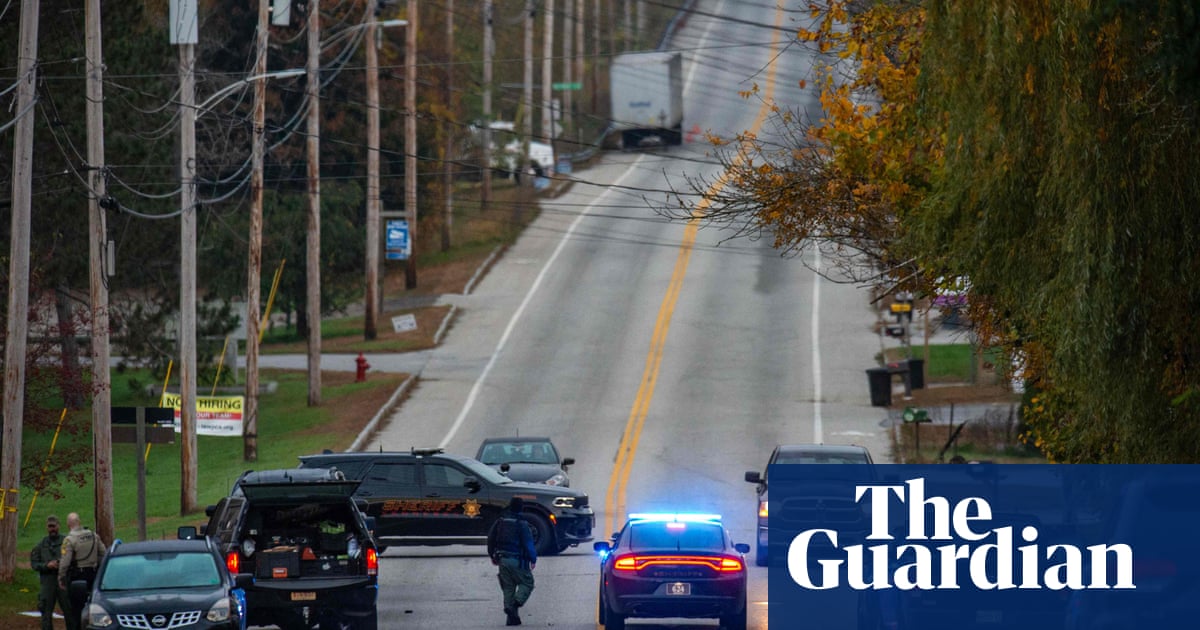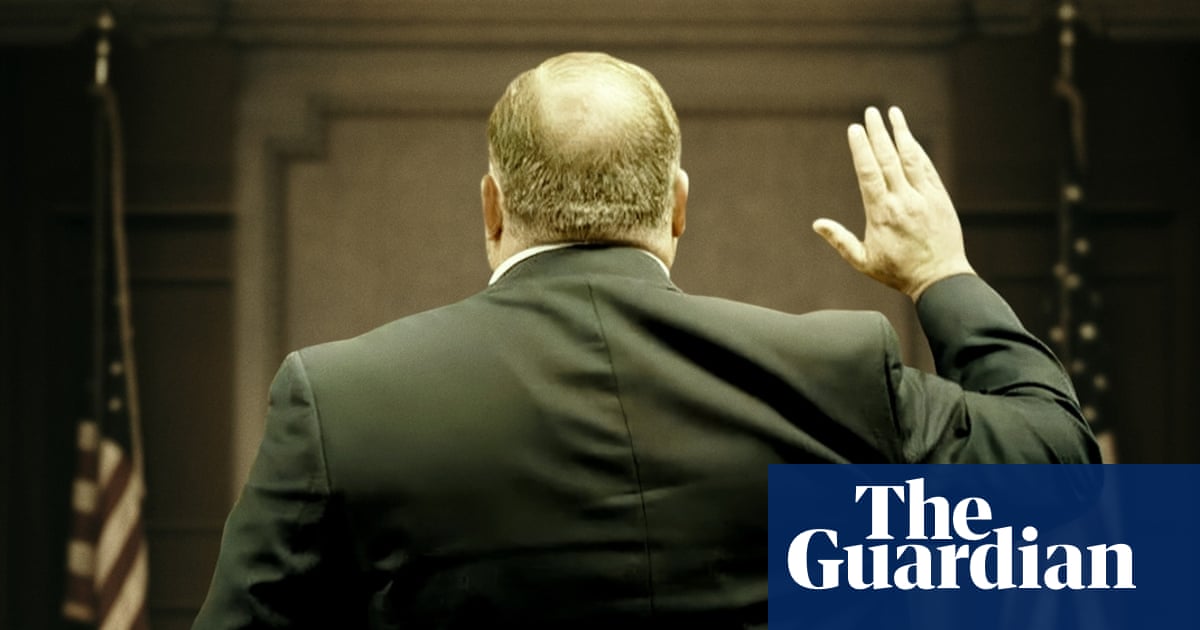
Mario Balotelli’s stomach ache returned over the weekend. The Brescia striker had only been allowed back into his club’s training base last Wednesday after six days off with gastroenteritis. He was scheduled for a pair of individual workouts on Saturday but left the facility after completing the first, having suffered an apparent relapse. A post on his Instagram Stories simply said: “Sick.”
Hours earlier, he had shared a video of himself on the same platform, still sweating from the morning practice session. “Stop asking if I’m going to training or not,” he said. “I’m going to training guys. I have always been training.”
He has not done it with his teammates, though, since early March. When Serie A clubs were given the green light to resume training last month, Balotelli was notably absent from Brescia’s group work. The club’s owner, Massimo Cellino, told the BBC World Service: “He doesn’t show up to training, he doesn’t look very committed, let’s say, for the future of the club.”
The question of who was responsible for such non-attendance may finish up in court. Cellino began proceedings this month to have Balotelli’s contract terminated for just cause, an extraordinary step when you consider that it was already likely to expire this summer. The one-year deal Balotelli signed last August would automatically be extended if Brescia avoided relegation, but they are bottom of Serie A, with nine points to make up in 12 games.
The picture painted by the club is of a player who opted out. Asked by the newspaper Corriere della Sera why Balotelli was not training with the first-team squad, Brescia’s manager, Diego López, blamed a failure to engage during lockdown with online training tools provided by the club.
“It was optional, OK, but the rest of the group took one path and he took the other,” said López. “During quarantine, on Zoom, he did not show himself. Even if he says he is in good shape, he is not on the level of his teammates.”
Balotelli has not spoken so directly on the matter, but his social media posts and brief interactions with the press suggest that he feels unfairly excluded. After his first bout of gastroenteritis, he sought to resume training at Brescia’s facility on 9 June, but was turned away at the gates – apparently because he had not updated the club early enough about his recovery. As he trudged back to his car, he was heard protesting: “Then they say that I won’t train.”
The dispute has other threads. Balotelli has initiated legal action against Brescia over unpaid wages from March. His agent, Mino Raiola, accused the club of failing to put Balotelli through a mandatory Covid-19 test. Brescia defined that latter claim as “false and slanderous”, warning that their legal team had been instructed to pursue the matter in the relevant chambers. Balotelli has been invited to give his account to an Italian Football Federation hearing on Thursday.
How did it come to this? Balotelli’s move to Brescia was supposed to be a triumphant homecoming, a rare talent – albeit one whose potential had never been fully realised – returning to the town where he grew up, to play for the team he once served as a ballboy. The Rondinelle (Little Swallows) had just been promoted to the top flight after eight years outside it. They believed Balotelli could deliver the goals to keep them there.
He is the club’s top scorer this season but five goals in 19 games are hardly transformative. In a tale familiar from too many other stops in his career, Balotelli has sparkled only intermittently, serving up brilliant goals against Verona and Lazio but failing to leave a mark on other occasions. Two of Brescia’s four wins so far this season arrived while he was still serving out a suspension picked up at his previous club, Nice.
Were the expectations on him always unrealistic? Brescia’s squad are not without talent – the 20-year-old midfielder Sandro Tonali is one of Italian football’s brighter prospects – but lack the depth to thrive at this level. Cellino’s impatience has not helped, either. He fired Eugenio Corini as manager in November, replacing him with Fabio Grosso for three games before swapping back. Corini lost the job again in February, this time being replaced by López.
It is not easy for any player to adjust constantly to different managers with different ideas about how the game should be played, but the changes can only feel more acute for one who tends to be singled out for special treatment. Grosso threw Balotelli out of a training session and excluded him from a trip to Roma. López gave him the captain’s armband.
On top of all this, Balotelli also found himself back at the centre of Italian football’s continuing struggle with racism. He was subjected to monkey chants during the defeat at Verona and responded by kicking a ball at the perpetrators. The opposition manager, Ivan Juric, and president, Maurizio Setti, ridiculously insisted no racist abuse had taken place.
That claim was contradicted by independent observers but, even then, the partial stadium closure handed down as a punishment was appealed into a suspended sentence. One ultra was banned from attending games by Verona after telling a local radio station that, in his eyes, Balotelli could never be “fully Italian”.
Even in Brescia’s own stadium, Balotelli has been targeted. A game against Lazio was interrupted as the PA and the visitors’ manager, Simone Inzaghi, implored away fans to stop making racist chants.
Then there were Cellino’s remarks in November. Asked about Grosso’s decision to drop Balotelli, the owner replied: “What can I say? That he’s black and he’s working to whiten himself but he has great difficulties in this.”
It was defended by some as a play on words – “nero”, the Italian word for “black” is sometimes used as an adjective to stress a deep level of anger – but Cellino refused even to acknowledge that his phrasing could have upset anyone.
Only Balotelli can know how greatly these incidents did or didn’t affect him. From the outside looking in, we can only observe the broad arc of what can feel at times like a story stuck on repeat: optimistic beginnings giving way to a fractious end.
There is time yet to write happier chapters. “He’s still only 30 [in August], not 40,” observed López. “He’s the master of his own destiny. Not like this, though. He needs a different mindset.”
In the lexicon of Italian football, “stomach ache” has frequently been used as a euphemism for a player’s desire to change clubs: a call-back to Zlatan Ibrahimovic telling a reporter that his questions were causing him such symptoms during his final season at Inter. Balotelli could find worse models than the Swede for how a striker can continue to reinvent themselves into a fourth decade.
The Guardian Sport












